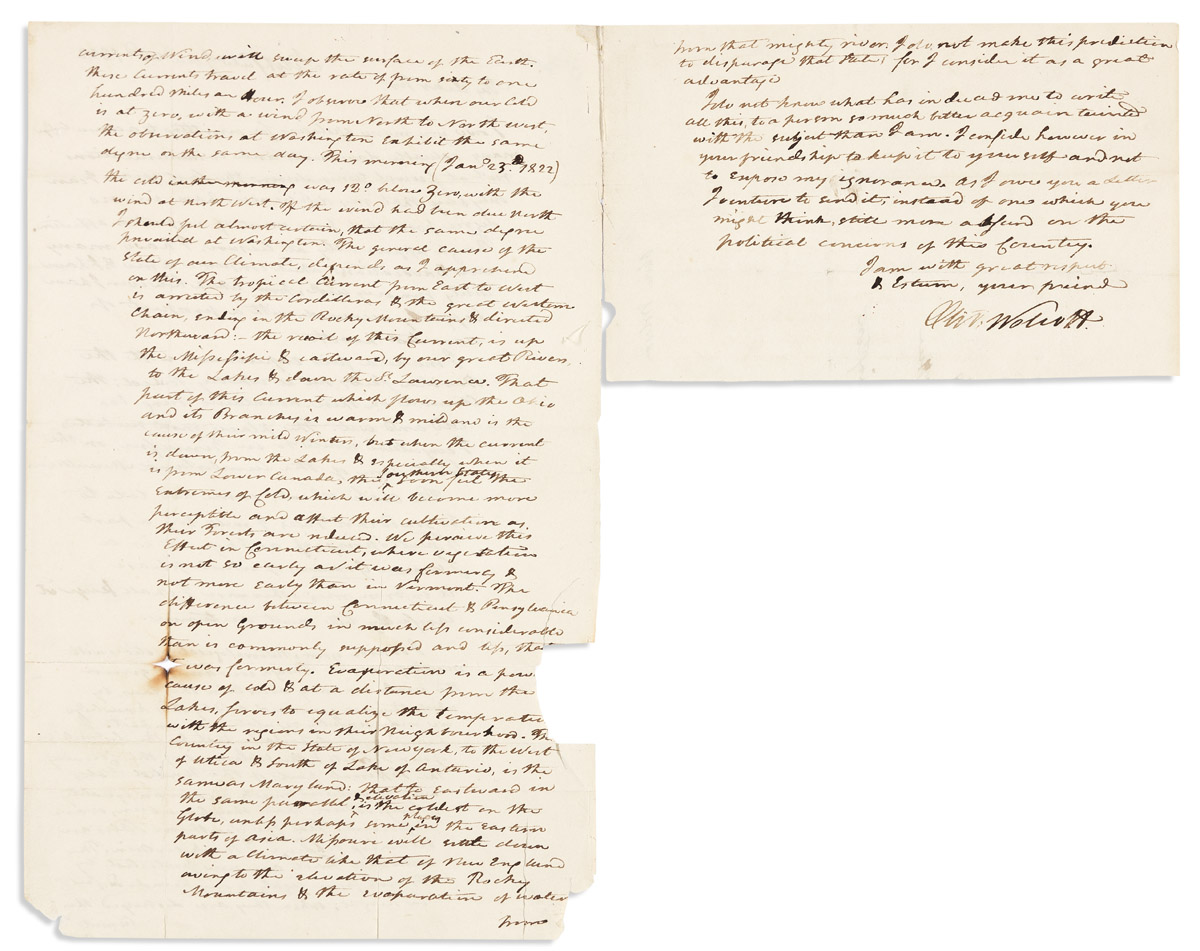Sale 2619 - Lot 17
Price Realized: $ 750
?Final Price Realized includes Buyer’s Premium added to Hammer Price
Estimate: $ 250 - $ 350


Aliquam vulputate ornare congue. Vestibulum maximus, libero in placerat faucibus, risus nisl molestie massa, ut maximus metus lectus vel lorem.